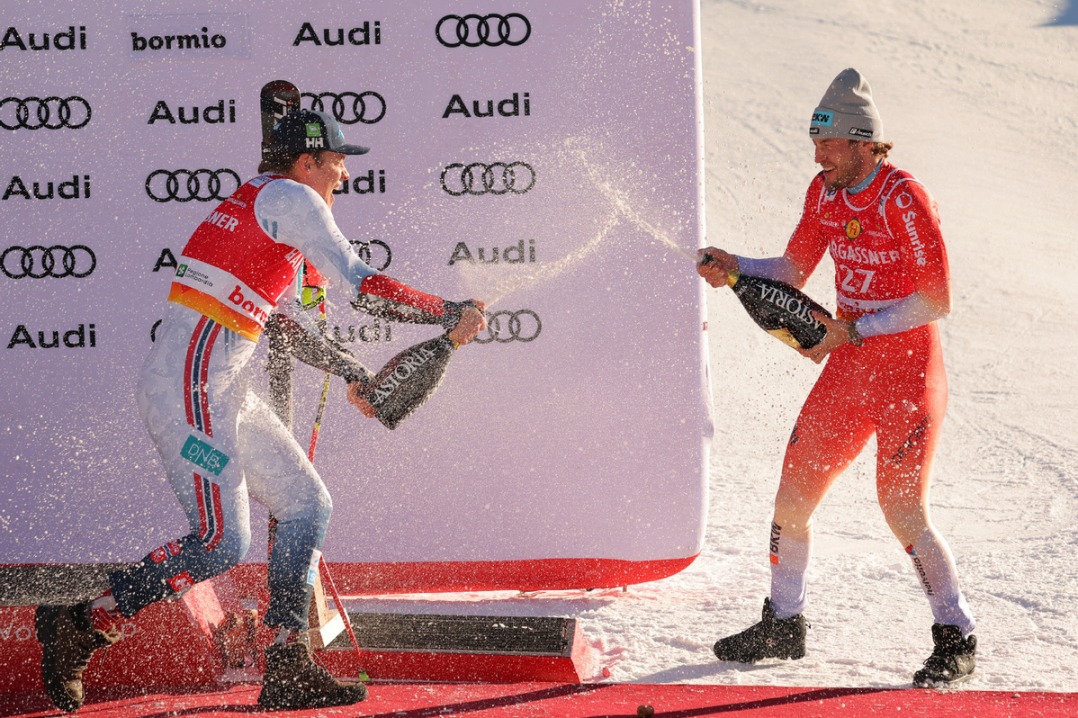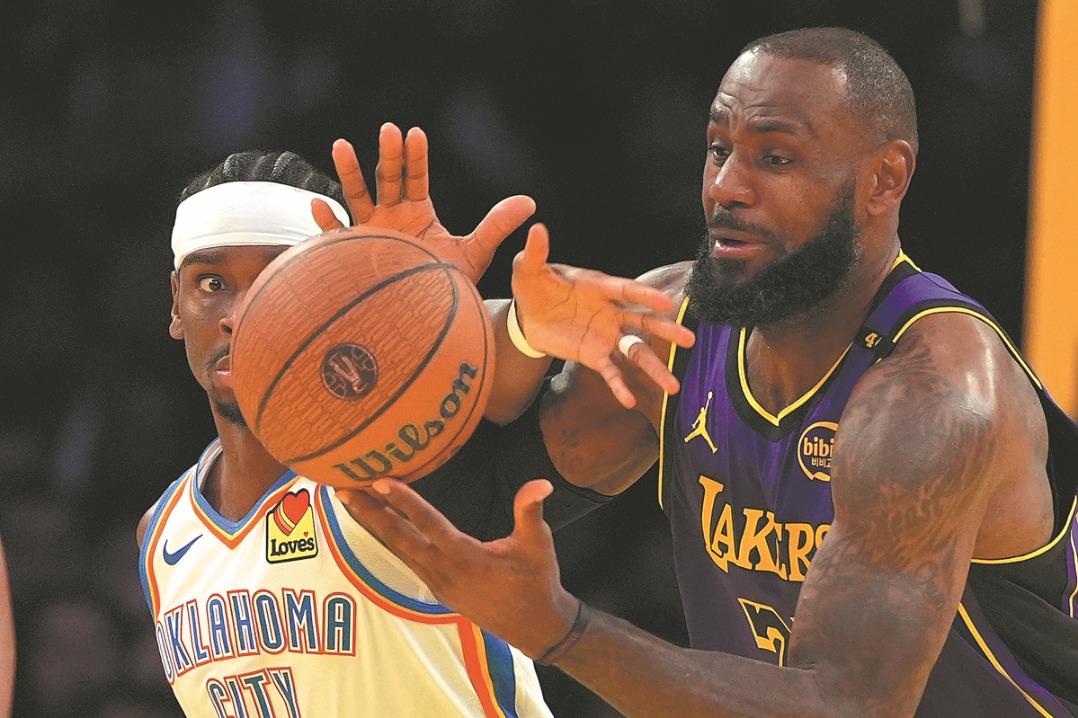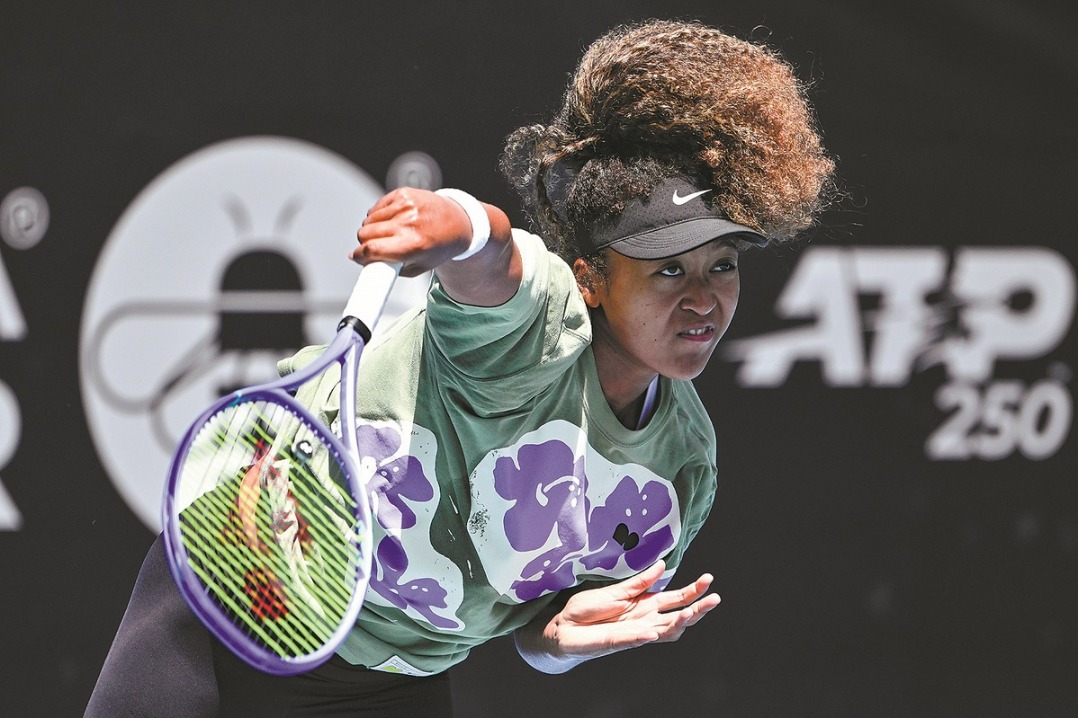Wiegman last woman standing as coaching disparity laid bare


SYDNEY — Sarina Wiegman is in a unique position at the Women's World Cup, where she's the only female head coach still in contention for the title.
That was the case even before England advanced to the semifinals, by beating Colombia 2-1, with Wiegman also the outlier from the eight teams that reached the quarterfinals.
"Of course what we hope is to get more female football coaches at the top level and the balance gets better than it is right now," Wiegman said. "Of course males are welcome too. There are lots of males who have done a very good job in the women's game, but if the balance is better that will also inspire other women to start coaching."
Women's soccer is growing at pace. This World Cup has seen record attendances, rising talents from around the globe and showcased a closing of the gap between the sport's traditional elite and emerging nations.
Yet the disparity in the coaching ranks has also been laid bare.
Of the 32 nations that started the tournament, 12 had a woman as head coach. Three advanced to the round of 16. Hege Riise's Norway and Desiree Ellis' South Africa lost in the first knockout round.
At the 2015 World Cup, eight teams had a woman as head coach, a number that increased by one in 2019. So it's an improvement in terms of numbers, although the tournament was expanded from 24 to 32 teams for this edition.
It is also worth noting that female coaches have more than held their own at the top of the women's game. The last two World Cups were won by teams coached by Jill Ellis, who led the Americans to back-to-back victories in 2015 and '19.
Under Vlatko Andonovski, the United States had its earliest exit in the history of the tournament by going out at the round of 16.
Wiegman led her native Netherlands to the 2019 final and appears to be taking over from Ellis as the premier coach in international women's soccer.
She won back-to-back European titles with the Netherlands and England in 2017 and 2022. Now she's closing in on a second successive World Cup final.
England forward Alessia Russo said Wiegman's presence is important to the growth of the game.
"We always say about inspiring the next generation to go on and play football and getting as many young girls involved as possible," she said. "To know that they can be a coach as well and see Sarina on the biggest stage is incredible.
"She's one of the best managers I've ever played for, so to have her as our leader and our role model — we really appreciate it."
Wiegman is more than just a figurehead.
England appointed her to replace Phil Neville in the belief she would take the Lionesses to the next level.
She has done that and stands as the national team's most successful coach for men or women since Alf Ramsey led England to the men's World Cup title in 1966.
If England wins this tournament, she will become the first England coach to lift multiple major trophies. "She's a winner and she's done it before," Russo said. "She has the full respect of everyone and it's great to have someone leading us that knows how to deal with those high-pressure moments."
While Wiegman wants greater parity in the coaching ranks, the rapid growth of the women's game is likely to attract more men. Tony Gustavsson, the head coach of the Australian team that England will face in the semifinals, was recruited by the Matildas after two successful stints as an assistant coach with the US women's team.
France turned to two-time Africa Cup of Nations-winning coach Herve Renard to take over the national team just four months ahead of the World Cup. He had just produced one of the biggest upsets in men's World Cup history by leading Saudi Arabia to a win over eventual champion Argentina.
And the more elite coaches involved in the women's game would likely raise levels higher.
Randy Waldrum, who was head coach of the Nigeria team which England edged on penalties in the round of 16, said Wiegman was "doing a fantastic job".
"Since she took over, you've seen the progression of the team. I give a ton of credit to her and what she's done," he said. "Her pedigree speaks for itself."
Waldrum, who is coach at the University of Pittsburgh and also a coach educator, said the lack of women in coaching is a problem at every level.
"We need more women coaching. We have the same issue in the US.There's been a larger push in our women's national team to have more female coaches," he said. "But every other level, there are a lot of male coaches coaching. Certainly we need a bigger investment in women and women coaching."
Waldrum said part of the issue was finding a way of "changing the old boys' club mentality".
FIFA has recognized the need to develop the pathway for women in coaching.
A 2019 study by the sport's governing body found that more than 13 million girls and women played organized soccer, but only 7 percent of coaches worldwide were women.
Costs can bar prospective coaches in the US. The United States Soccer Federation's pro license costs $10,000 and the process is lengthy and labor intensive. Earlier this year, Twila Kilgore, an assistant coach with the US team, was one of only four women in the United States who held one of the elite licenses.
US Soccer provides financial aid through the Jill Ellis Scholarship Fund, a program that seeks to double the number of women in elite coaching by 2024.
FIFA has also launched its own mentorship program for emerging female coaches, while there is a belief a new generation of talent will come from retiring players.
For now, however, the fact that Wiegman is the lone remaining female coach at the World Cup is a measure of the work that still needs to be done.
Xinhua
Most Popular
- Olympic badminton champion Huang to retire from Chinese national team
- A summer of golden memories
- China's Wang, Sun lead ITTF world rankings
- Three more skiers airlifted off 2026 Olympics slope in Bormio
- Ending 2024 on a high, Napoli returns to top of Serie A
- Osaka won't 'hang around' if the results don't come






























